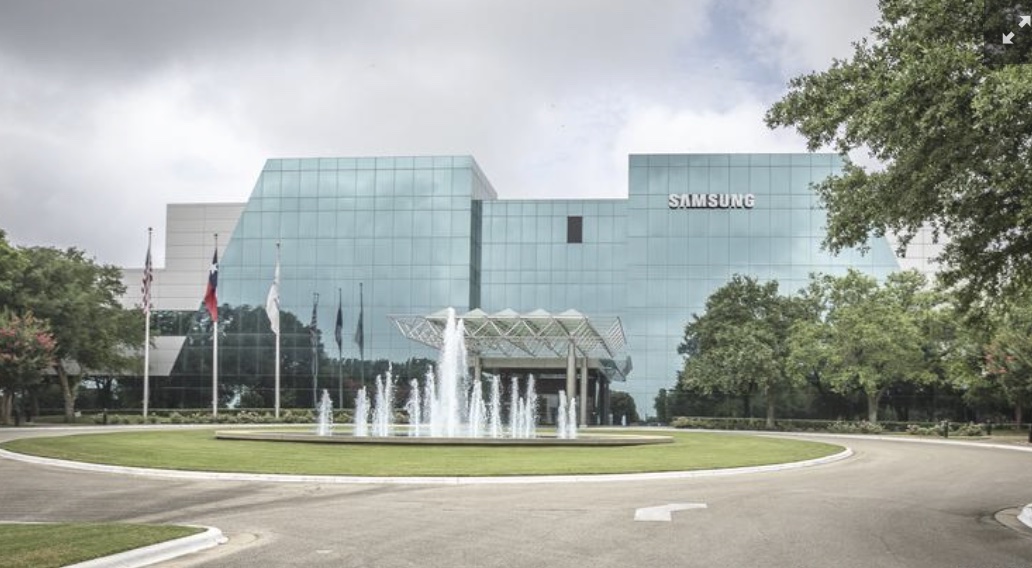(Article is from Austin Business Journal, copyright belongs to owner) In the early evening Sept. 8, Taylor City Council and the Williamson County Commissioners Court approved incentives agreements for the project, which largely consist of property tax abatements over the next few decades.
No final decision has been made on the semiconductor factory location. The incentives agreements point out as much, and Samsung spokespeople have maintained that the process remains fluid. But the votes in Taylor, a suburb northeast of Austin, solidify it as the frontrunner. No other locale has approved public incentives for the South Korea-based company.
The Taylor Independent School District Event Center was packed for the historic meeting. There was overwhelming support for Samsung’s project, with only one resident speaking in opposition to the project because of floodplain concerns.
Those in support included leaders of regional and state manufacturing associations, economic development groups, educational groups and Taylor businesses. Texas Beer Co. founder Ian Davis even promised to make a Samsung-inspired brew if the project lands in Taylor. Some government leaders were even moved to tears more than once.
“Tonight we’re talking about the largest economic development project in the history of Texas,” Williamson County Judge Bill Gravell said at the meeting. “We’re talking about the largest economic development project with foreign investment ever in the United States of America.”
For months, the company has been scouting Taylor and Austin, where Samsung already has a large manufacturing campus, in addition to Phoenix and upstate New York. It is looking to build a next-generation factory where it can produce smaller, more advanced computer chips to compete with rival Taiwan Semiconductor Manufacturing Co.
At least 1,800 jobs are promised, along with thousands of indirect jobs.
If it chooses the Taylor area, Samsung would put the factory on nearly 1,200 acres west of town. Council will consider creating reinvestment zones for the site at a Sept. 9 meeting under Chapters 311 and 312 of the state tax code.
Samsung stands to receive property tax abatements from both the city and county, plus other perks, if it chooses Taylor for its project. Williamson County approved a 20-year Chapter 381 incentive agreement and a development agreement with the company.
If Samsung chooses Taylor, the Chapter 381 agreement will begin a 10-year term once the company occupies the facility, or Jan. 1, 2023, whichever is sooner, according to the documents. If Samsung meets certain job and facility occupancy requirements, the county will rebate 90% property taxes for the first 10 years in annual grants, according to the documents. The terms could be extended another 10 years at an 85% rebate. The county’s Chapter 381 agreement does include clawback provisions in case Samsung misses goals.
The development agreement stipulates that Samsung would purchase the land, and the county would be required to make certain infrastructure improvements, including road maintenance and utilities.
The city also approved numerous incentives, including 30 years of tax abatements. Under Chapter 312 of the tax code, the city is offering Samsung abatements of 92.5% of property taxes for the first 10 years, 90% for the next 10 and 85% for the 10 years after that.
The company would also be reimbursed out of a city tax increment reinvestment zone under Chapter 311. That chapter allows municipalities to redirect property taxes from increased property values in an area to help pay for infrastructure. Under the agreement, Samsung would be rebated 92.5% of the TIRZ funds for the first 10 years, 90% for the next 10 and 85% for the final 10. Samsung would have to pay back the funds, plus interest, if it terminates the agreement.
Through a development agreement, the city will reimburse Samsung for costs related to development review services. In return, the company is required to voluntarily annex into the city within 90 days. That means it would have to adhere to zoning, platting and permitting rules, which would limit building heights to 250 feet.
These agreements would also make it possible for Samsung to score a Chapter 313 agreement with Taylor ISD.






